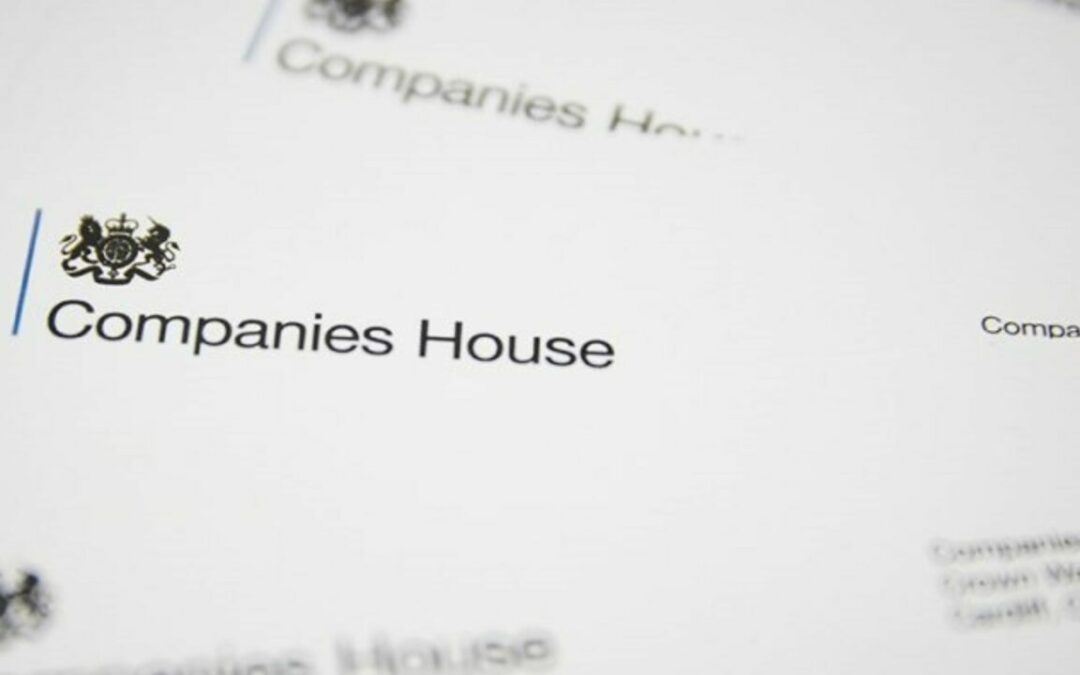As of 6 April 2024, the cash basis became the default method of accounting for self-assessment tax returns for sole traders or partners. Here’s what you need to know:
Why Use Cash Basis Accounting?
- Simplicity: Declare income and expenses when money comes in and out of your business.
- Ease of Use: Pay Income Tax only on money received within your accounting period.
When Cash Basis Might Not Suit Your Business
Cash basis accounting may not be suitable if you:
- Want to claim interest or bank charges exceeding £500 as an expense.
- Manage a complex business with high levels of stock.
- Need financing, as banks often require traditional accounting for loan approval.
- Wish to offset losses against other taxable income.
You should consult a tax professional or legal adviser for personalised guidance.
Who Can Use Cash Basis?
You can use cash basis if you:
- Run a small self-employed business (e.g., sole trader or partnership).
- Have a turnover of £150,000 or less per year.
- If you have multiple businesses, all businesses must use a cash basis, and the combined turnover must be under £150,000.
Growth and Cash Basis
If your business grows during the tax year:
- You can remain in the scheme until your total business turnover reaches £300,000 per year.
- Above £300,000, traditional accounting becomes necessary for your next tax return.
Who Cannot Use Cash Basis?
- Limited companies and limited liability partnerships cannot use cash basis.
- Below are some additional examples of businesses ineligible for cash basis:
Lloyd’s underwriters
Certain farming and creative businesses with specific elections
Businesses claiming certain allowances or reliefs
Dealers in securities
Ministers of religion
Traditional accounting is required to calculate your taxable profits if you cannot use a cash basis.
For further information and guidance, visit Cash basis: Overview – GOV.UK (www.gov.uk) or contact us for additional help.






